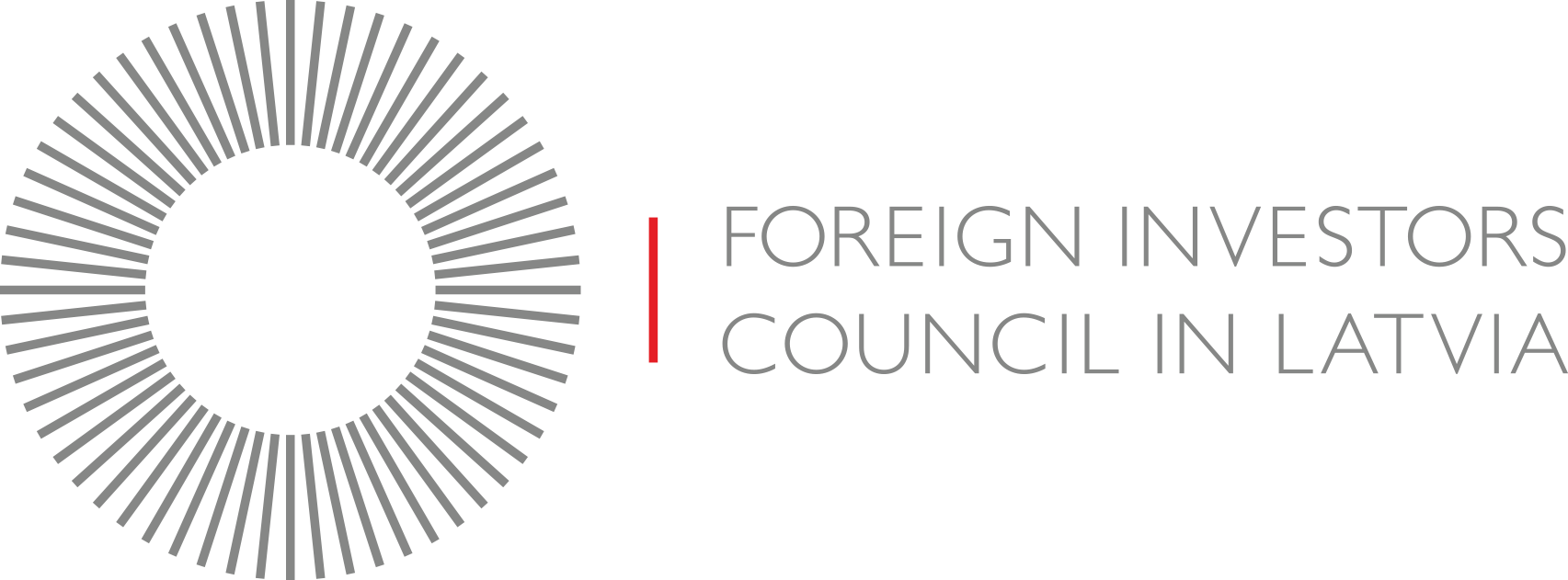Public procurement remains one of key instruments for attracting investment in Latvia, as in 2024 public procurement contracts accounted for 13.6% of the country’s GDP[1]. Despite progress in certain areas, including the proposed structural reforms of Latvia’s public procurement system[2], foreign investors continue to express concerns regarding a lack of transparency and accountability of the procurement process, persistent overemphasis on the lowest price as a major determining criterion for selection of winning tenders. In addition, investors have pointed to a limited procurement-related strategic and technical capacity within public institutions, which is related to insufficient competences of procurement officers, excessive legal and administrative burden, flawed electronic procurement system, and a limited availability of tenders in English. These issues directly affect Latvia’s ability to attract investment, ensure fair competition and trust in the procurement process, and deliver value for public money.
In view of this, during the latest FICIL High Council meeting[3] the foreign investors and government officials have discussed most pressing issues in public procurement and solutions to address them. Participants emphasized an importance of expanding the use of digital and AI-based tools to enhance efficiency and reduce corruption risks, enhancing technical and institutional capacity through training of procurement-related staff, called for a greater flexibility and innovation in procurement design, allowing projects to adapt to changing needs rather being constrained by overly rigid or outdated requirements. In addition, participants encouraged Latvia to build on proven international best practices, adapting established, effective systems, instead of creating new ones from scratch.
Collected suggestions resulted in three key recommendations, which should be urgently applied:
- Develop a results-based Public Procurement (PP). This includes three aspects: 1) adjust the selection criteria to avoid buying based on price alone to buying based on value; 2) ensure that PP contracting includes staged payments, which are tied to project milestones and deliverables; 3) ensure effective PP process management by outlining clear responsibilities (i.e., based on RACI matrix)[4] and incentives for the public sector to act;
- Ensure full transparency across the entire PP process for all procurements – not only those above the threshold[5]. This should be driven by complete digitalization of processes and data;
- Prioritise PP reform with respect to large projects to stimulate the economy and to attract foreign investment. This should target prioritized areas – defence, infrastructure etc.
The foreign investors believe that meaningful progress ultimately depends on consistent, transparent, and well-coordinated implementation. Looking ahead, FICIL will continue providing expertise to the government under the leadership of Māris Brizgo, FICIL Public Procurement Work Group leader and an Associate Partner and Sworn Attorney-at-Law at Ellex Kļaviņš[6], supported by two FICIL Investment Protection Work Group leaders – Māris Vainovskis (Eversheds Sutherland Bitāns[7]) and Daiga Zivtiņa (Ellex Kļaviņš).
Māris Brizgo points out that in August this year the Latvian government approved the reform of the public procurement system with ambitious main objectives to reduce bureaucracy in procurement and increase the value of public money. “At the moment, my main focus during coming months as a leader of the FICIL Public Procurement Work Group will be on the reform draft law submitted in the Parliament. I will keep an eye on the progress of the draft law and will follow that good and valuable issues are not lost in the legislative process.”
The recommendations, developed during the High Council, are not a mere suggestion, but a necessity. By adopting value-based procurement principles, ensuring full transparency across all processes, and prioritising reforms for large, strategically important projects, Latvia can significantly strengthen the quality of its public procurement system and leverage it as an instrument of economic growth. With the new FICIL Public Procurement Work Group leader, FICIL will focus on driving vital reforms towards a more effective, transparent, and predictable procurement environment.
References:
[1]https://tapportals.mk.gov.lv/attachments/legal_acts/document_versions/52fa6644-ef81-48d8-89b7-489c0c87fff6/download.
[2]See Informative Report “On the Results of the Working Group for Increasing the Efficiency of Public Procurement and Proposals for the Further Development of the Public Procurement System”: https://tapportals.mk.gov.lv/attachments/legal_acts/document_versions/52fa6644-ef81-48d8-89b7-489c0c87fff6/download.
[3] https://www.ficil.lv/ficil-high-council-meeting-2025-2/.
[4] RACI matrix – a project management tool that clarifies roles and responsibilities by assigning one of four roles – responsible, accountable, consulted, informed.
[5] A minimum required level that must be met.


